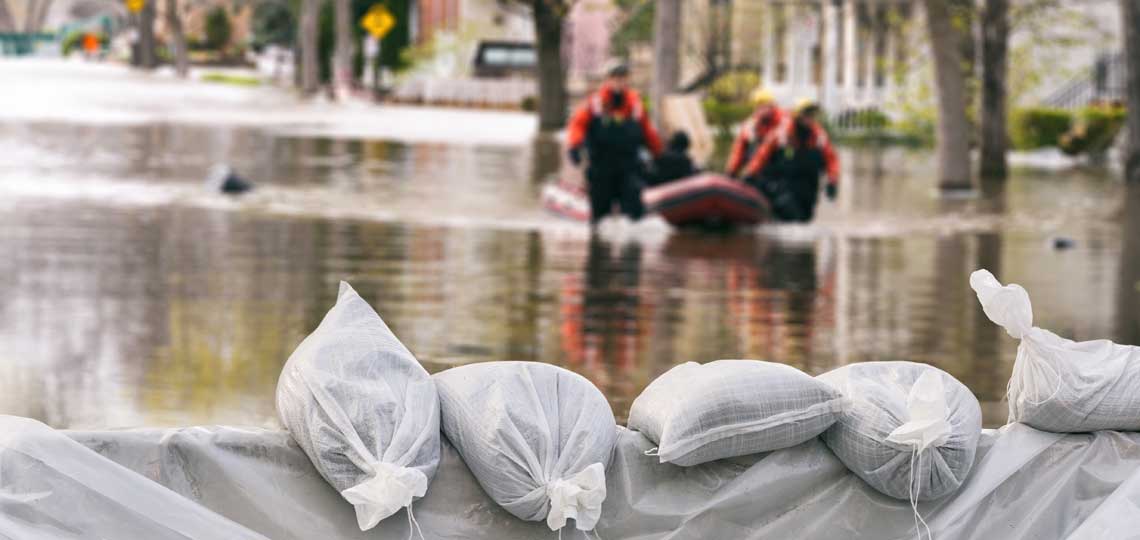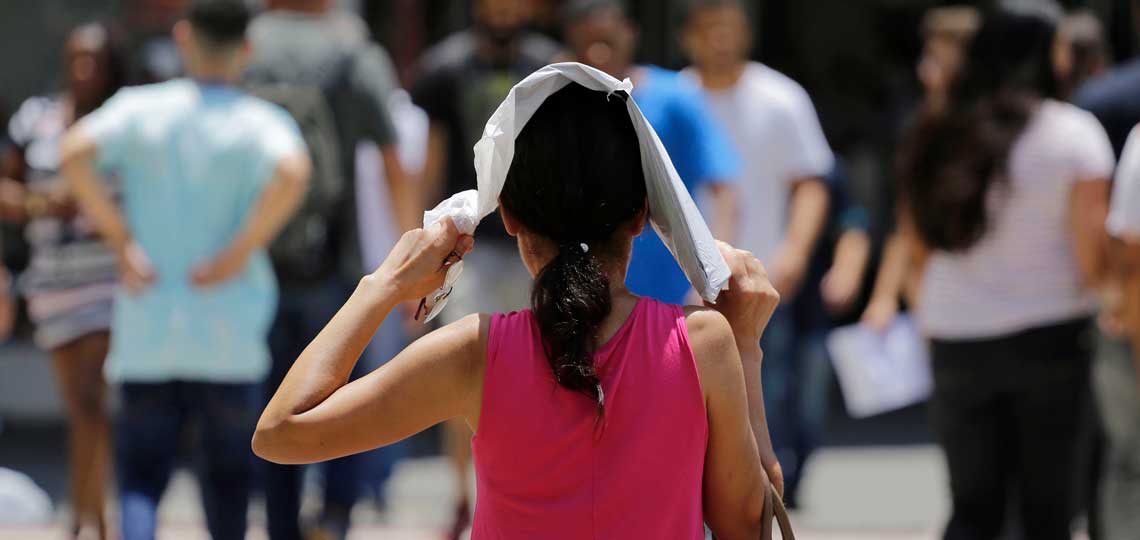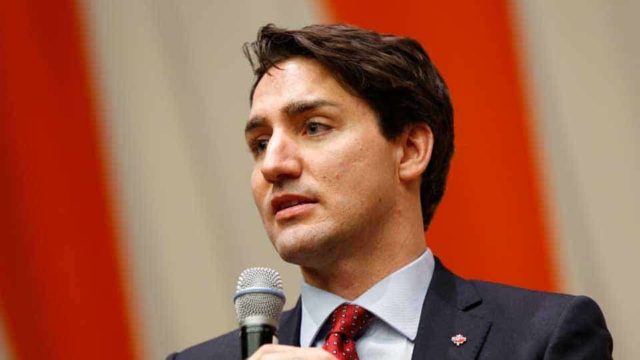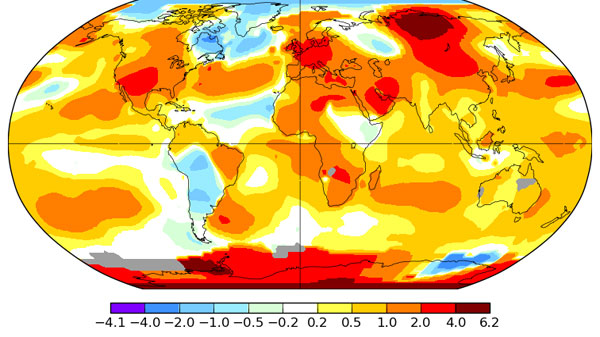In the third installment of Ecojustice’s Climate state of play series, we look at how the climate change crisis has evolved since December 2018 — from the latest science to the situation on the ground. And how the political and legal landscape shapes up mere months from a federal election.
After decades of inaction and, thanks to deliberate efforts from the fossil fuel industry, outright denial, climate change is everywhere this summer.
Since Ecojustice’s last climate state of play overview in December, scientists have released more stunning studies that show how rapidly the climate is changing. On the ground, we’ve witnessed both devastating impacts of climate change and heroic efforts to combat it, particularly from courageous young people. And, just months out from the federal election on Oct. 21, polling indicates that climate change will be one of the major issues on voters’ minds when they cast their ballots in the federal election this autumn.
In light of these updates, here’s a look at the climate state of play in the summer of 2019:

Photo by European Space Agency, via Flickr
The science:
The world hit a scary new record this summer, with researchers reporting that global temperatures in July 2019 officially made it the hottest month ever recorded.
As the New York Times reported, the historic month follows a concerning pattern, which suggests 2019 is “on track to be in the top five, or perhaps hottest ever (year).”
The previous record for the hottest-ever month was set in July 2016. That year was also the hottest year scientists have recorded to date.
This past spring, the Canadian government released its Changing Climate Report, which found that, between 1948 and 2016, Canada warmed 1.7 C, double the global rate. In the North, the temperature is changing even faster, at three times the global average.
This rapid change already harms Canadians’ health, security and well-being. Furthermore, these impacts disproportionately affect people living in the North, Indigenous peoples, seniors, people living in poverty, those with chronic health conditions, and other vulnerable members of society.
Read more: “Canada’s climate is changing faster than the rest of the world. Our laws need to catch up.”

Photo via Shutterstock
On the rise: heat waves, flooding, and young people with something to say
Sweltering heat waves across Europe accompanied July’s record-breaking temperatures.
When the mercury in France hit 45.9 C in June, The Lancet published an article on the potential health and mortality impacts of increasingly frequent heat waves. While the authors said it’s difficult to determine how many people die because of heatwaves, they warned that hospitals should prepare for patients with “increased heat stress and associated physiological conditions” as this type of extreme weather becomes more common.
Canadians haven’t been immune to the impacts of climate change in recent months either.
Flooding forced Montreal, Ottawa, and more than a dozen other municipalities in Ontario and Quebec to declare states of emergency in April. The rising waters destroyed homes and cottages, washed out roads, and prompted mandatory evacuations.
In Quebec alone, officials reported that more than 3,000 homes had been flooded and more than 1,000 people forced to find shelter elsewhere.
In the midst of these disasters, young people continue to lead the fight for their future, striking from school and calling out the adults who got us into this mess.
The youth at the forefront of this movement — leaders like Greta Thunberg in Sweden and Canada’s own Sophia Mathur — use bold and creative tactics in their climate fight. But even though they’ll bear the brunt of climate change’s impacts, they don’t have access to the same tools as older Canadians.
Sophia, who is 12 now, won’t be able to vote for another six years. By that time, we will either be well on our way to keeping warming to 1.5 C, the global target set out in the Paris Agreement, or blowing past that number.
If you’re eligible to vote in October, you owe it to young people and future generations to use your ballot to back strong climate action.
One earth, one vote
This election, who we vote for matters more than ever.
With temperatures on the rise like never before and severe impacts already playing out on the ground, this election could be Canada’s last opportunity to insist our politicians make tackling climate change a priority before it is too late.
Any government serious about combatting climate change must be ready to implement and enforce a new Canadian climate change law. This means setting ambitious emissions reduction targets and giving Canadians the legal tools they need to hold governments to account for meeting those targets.
In the coming months, you can expect a more thorough Ecojustice analysis of how the major parties’ climate plans stack up to this criteria. In the meantime, we’re asking you to pledge now to vote for a safe climate in October.
With one vote, you can turn the tide on climate change. Take the pledge now.
Read about the climate state of play in August 2018 and December 2018.
Photo of woman in hot sun via Shutterstock.
Photo of flooding via Shutterstock.




